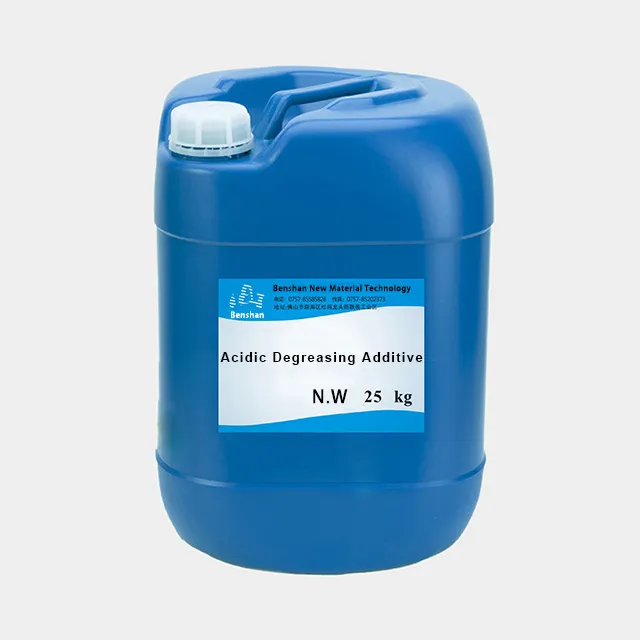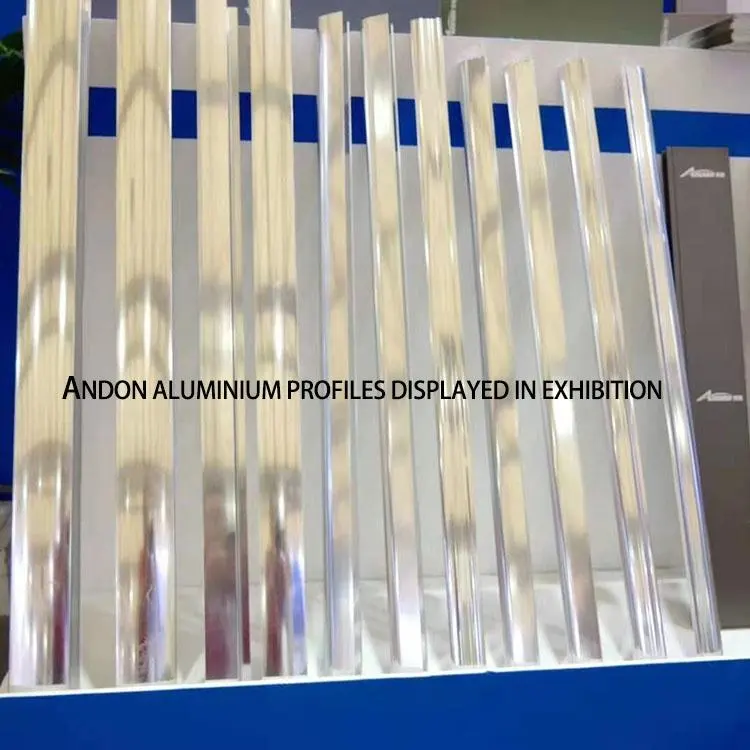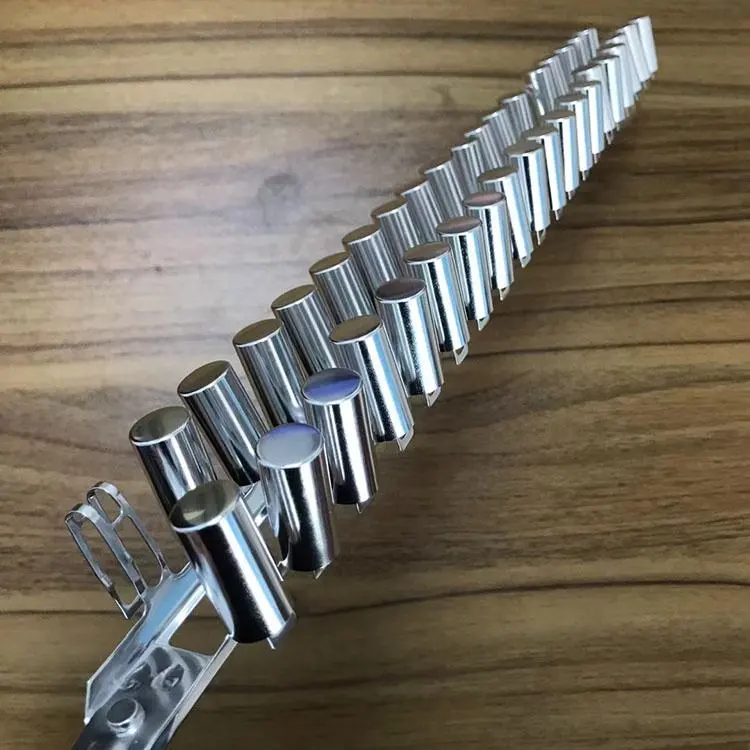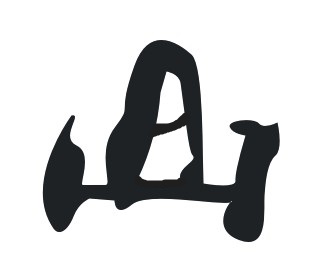
Is Oil degreasing additive suitable for different types of metal surfaces?
2024-05-22 15:30
In metal processing and manufacturing, Oil degreasing additive is a common cleaning agent used to remove residual grease and dirt from metal surfaces. However, there are many types of metal materials, and different types of metals have significant differences in surface properties, chemical composition, and structure.
Therefore, whether Oil derosination additive is suitable for different types of metal surfaces is an important issue for consumers and the industry. This article will explore the applicability of Oil degreasing additive on different types of metal surfaces, as well as precautions in practical applications.
1.The role of oil derosination additive
Oil degreasing additive removes grease, paint residue and other organic dirt from metal surfaces through chemical or physical action. Additives often contain surfactants, solvents and other chemical ingredients to ensure cleaning results.
2. Effect of metal surface differences on degreasing effect
Different types of metals, such as steel, aluminum, copper, nickel and titanium, etc., differ in their chemical properties and surface structures. These differences may affect the effectiveness of the Oil degreasing additive, such as reaction speed, decontamination ability and surface condition after cleaning.

3. Steel surface
Oil derosination additive is usually applied to steel surfaces because steel is one of the more common metal materials. Appropriate selection of the concentration and temperature of the additive can effectively remove grease from the steel surface.
4. Surface of aluminum products
The surface of aluminum products is relatively sensitive, so additives formulated for aluminum materials should be selected to avoid damage to the surface oxide layer. When degreasing aluminum products, pay attention to the pH value and concentration of additives.
5. Surface of copper products
Copper is a metal that is easily oxidized, and the oil degreasing additive should be selected to avoid corrosion of copper. The copper surface should be dried and protected immediately after cleaning.

6. Nickel and titanium alloy surfaces
Nickel and titanium alloys are high-performance metal materials and are more sensitive to the selection of additives. These metals require specially designed degreasing formulas to ensure cleaning effectiveness and corrosion resistance of the metal.
7. Selection of adaptive additives
For different types of metals, it is particularly important to choose an Oil derosination additive with wide adaptability. These additives ensure cleaning results without causing damage to metal surfaces.
8. Adjustment of concentration and temperature
The concentration and usage temperature of Oil degreasing additive are important factors affecting the cleaning effect. For different types of metals, the concentration of additives and the use temperature should be appropriately adjusted according to their characteristics.
9. Comply with environmental standards
When consumers and industries choose oil degreasing additives, they should ensure that they meet environmental standards. Choosing additives with low toxicity and low volatility can reduce the impact on the environment and workers.

10. Technological innovation
Technological innovation plays an important role in developing oil degreasing additives suitable for different types of metal surfaces. New additive formulations and cleaning technologies help improve cleaning results and reduce potential damage to metal.
11. Professional guidance and training
During the metal cleaning process, professional guidance and training are crucial to ensure the correct use of oil degreasing additive. Through training, workers can master the techniques of surface treatment of different metals.
Conclusion
Oil derosination additive plays an important role in metal processing and manufacturing, but different types of metal surfaces place different requirements on the selection and use of additives. By selecting additives suitable for various metal materials, optimizing use conditions and complying with environmental standards, consumers and industries can ensure the efficiency and safety of metal cleaning processes. Technological innovation and professional training will also continue to promote the advancement of oil degreasing technology and provide better solutions for the metal processing industry.








